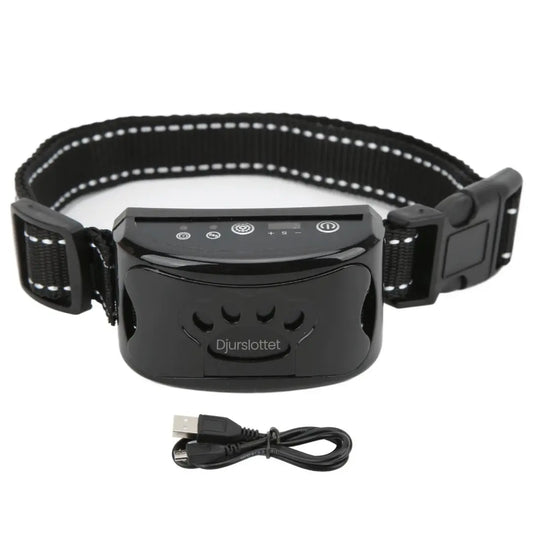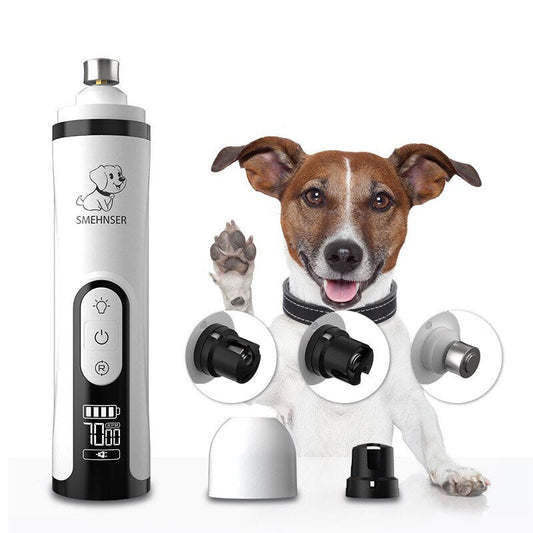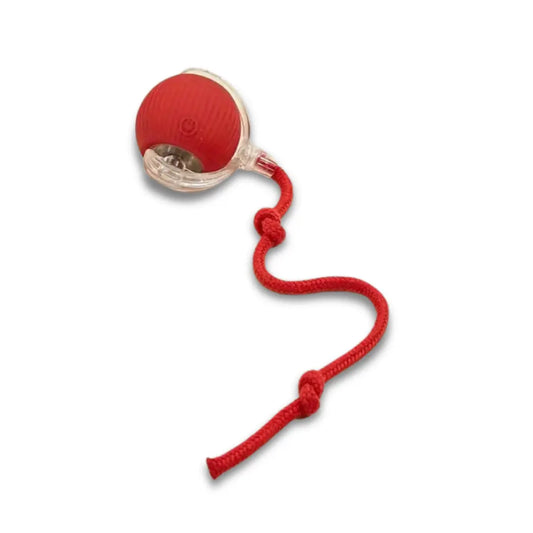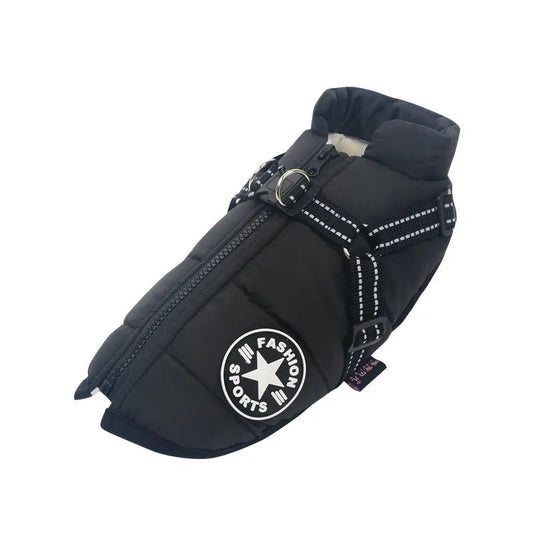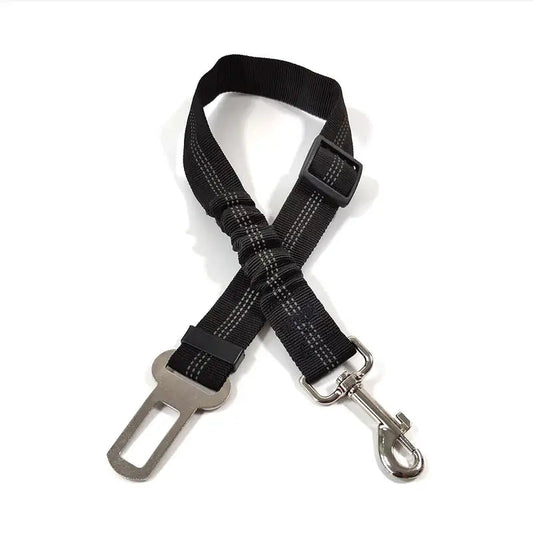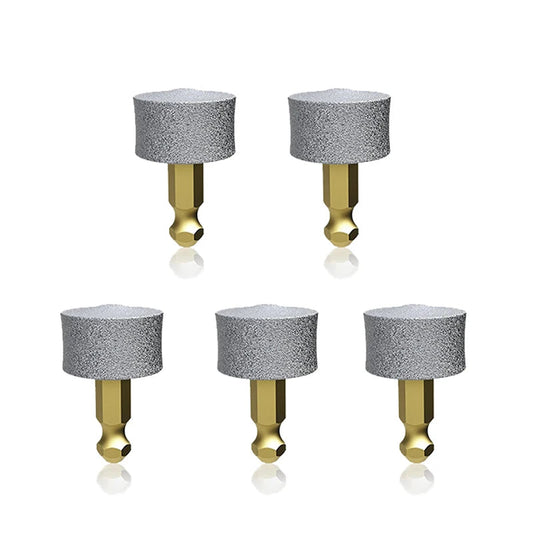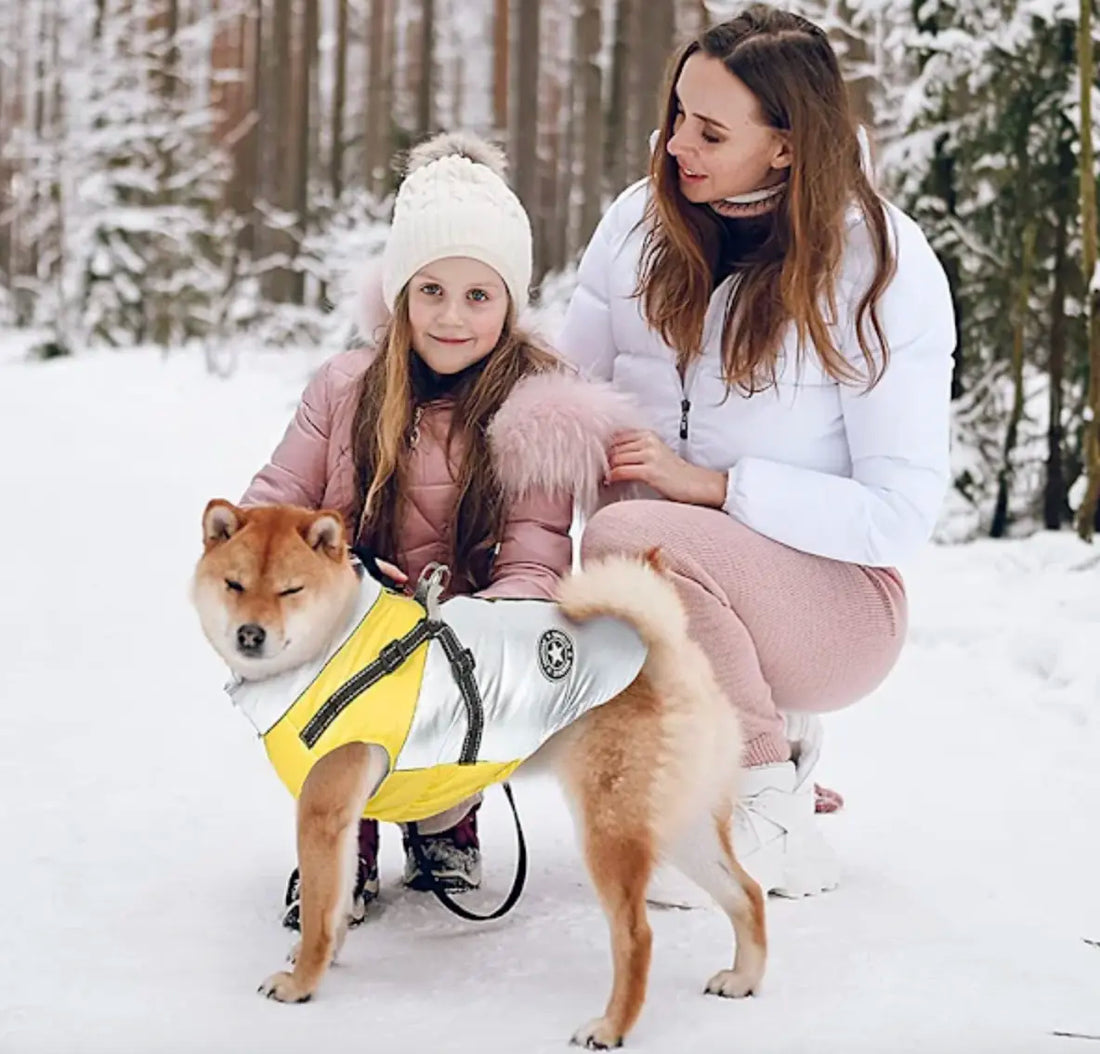
Do I need to cover my dog in the winter? A vet's guide to choosing the right winter coat for your dog
Hi, my name is Nathalie Ahlberg, and as a veterinarian and passionate pet owner, I often get asked about how to keep dogs warm during the winter.
For some breeds, cold weather is no problem; their thick coats keep them well protected. But for others, especially those with short coats or smaller body types, winter temperatures can be challenging and even risky.
In this guide, we'll explore when a dog may need extra protection during the winter, factors like breed and body type that affect cold tolerance, and tips on choosing the right jacket to keep your furry friend comfortable.
Do Dogs Get Cold in the Winter?
Just like humans, dogs can get cold, especially in cold or wet weather. While breeds with thick, double coats (like huskies and malamutes) are generally more resistant to cold, many other breeds feel the cold just like we do.
A dog's coat and size play a significant role in how they handle low temperatures.
As a general rule, if it's too cold for you to be comfortable without a jacket, it's likely your dog would appreciate one too, especially smaller dogs, short-haired breeds, and those with health issues.
At What Temperature Does a Dog Need a Jacket?
There is no uniform temperature rule, but I advise dog owners to consider a jacket for their pets if the weather drops below 7°C, especially if it is windy, raining or snowing.
At temperatures below -6°C, extra caution should be taken, as exposure to these levels can lead to health risks such as frostbite or hypothermia.
If you notice your dog shaking, lifting its paws, or seeking shelter, this is a sign that it is too cold and needs shelter.
Which Dogs Need Jackets?
Certain types of dogs are more prone to freezing. Here's a look at the categories that need winter jackets the most:
Small and Toy Breeds
Small dogs lose heat quickly, making it difficult to maintain body temperature in the cold. Breeds like Chihuahuas, Toy Poodles, and Dachshunds often need jackets even in slightly chilly weather.
Hairless Breeds
Breeds without fur, such as the American Hairless Terrier or Chinese Crested, have difficulty regulating their body temperature and need clothing to stay warm.
Dogs with Clipped Coats
Breeds that are often clipped shorter, such as poodles or schnauzers, lose much of their natural insulation after clipping and will benefit from a jacket in cold weather.
Short Dogs
Low-lying breeds like basset hounds or corgis have bellies that easily come into contact with the ground, increasing the risk of them getting cold or wet from snow and slush.
Active Dogs with Short Coats
Short-coated, active breeds such as the short-haired Vorsteh and Vizsla can generate heat through activity but still benefit from jackets during periods of rest or extended periods outdoors.
Slender Dogs
Slender and lightly built breeds like greyhounds and whippets don't have as much natural insulation, so they are particularly sensitive to the cold and can greatly benefit from a jacket.
Types of Dog Jackets
When choosing a winter jacket for your dog, you should consider the types that are best suited for different conditions and breeds:
Lightweight jackets
These are ideal for mild chilly days or for dogs that need a little extra warmth. Lightweight jackets provide just the right amount of insulation without overheating the dog.
Insulated Jackets
Made for colder, snowier weather. Insulated jackets are thicker and designed to keep dogs warm during winter walks or playtime in the snow. Look for models that fit snugly but allow for movement.
Rain jackets
For rainy or slushy days, rain jackets protect your dog's coat from getting wet, keeping them dry and comfortable. Even dogs who don't usually wear jackets can appreciate a rain jacket.
Snowsuits and Body Suits
These provide full-body protection and are great for dogs that will be spending a lot of time outdoors in deep snow or wet conditions. Bodysuits also cover the legs, providing warmth and keeping dogs dry.
Features of the Dog Winter Jacket
When choosing a winter jacket, I recommend looking for key features that provide comfort and safety:
Reflective Details
Reflective strips or details increase visibility during dark winter mornings and evenings, ensuring drivers and others can see you and your dog.
Leash opening
Jackets with a leash opening make it easy to attach a leash to a harness without having to take off the jacket.
Hygienic Cutouts
For convenience, choose jackets with cutouts around the stomach to avoid mess and make it easier for the dog to go to the bathroom.
Cleaning the Dog's Coat
Regularly cleaning your dog's coat prevents bacterial buildup and skin irritation.
I recommend washing it every two weeks, especially if your dog wears it daily. Choose jackets made from machine washable fabrics, and let them dry completely before storing.
Customization of Dog Jackets
A good fit is crucial for the jacket to be comfortable and functional. Measure your dog's length from neck to tail and around the chest at the widest point.
The jacket should fit snugly but allow for free movement for walking, running or playing. A poorly fitting jacket can be uncomfortable or unsafe if it gets caught on something.
How to Introduce Jackets to Dogs
It's best to introduce the jacket gradually and in a positive way. Let your dog sniff and inspect the jacket before putting it on, then reward with treats to create a positive association.
Start by letting your dog wear it indoors for a short time before you go outside, so that it gets used to the feeling.
Is it okay to put a jacket on a dog?
Absolutely! For dogs who need extra warmth, wearing a jacket can make a huge difference in their comfort and well-being.
Just like humans, dogs benefit from being warm and comfortable in winter conditions, and providing them with a jacket shows that you care about their health and comfort.
Recommended Product: Winter Blanket for Dogs
If you are considering a warm winter jacket, the Winter Blanket for Dogs is an excellent choice.
This jacket is designed to provide insulation and protect your dog from harsh winter elements with water-repellent fabric, reflective details, and a comfortable, adjustable fit.
It is an ideal option for most small and medium breeds and can help your dog enjoy winter walks and play sessions without any problems.
Conclusion
If you are still unsure whether your dog needs a winter jacket, consult with your veterinarian to discuss your pet's specific needs and cold tolerance.
Investing in the right jacket can keep your dog comfortable, warm, and safe during the colder months.


